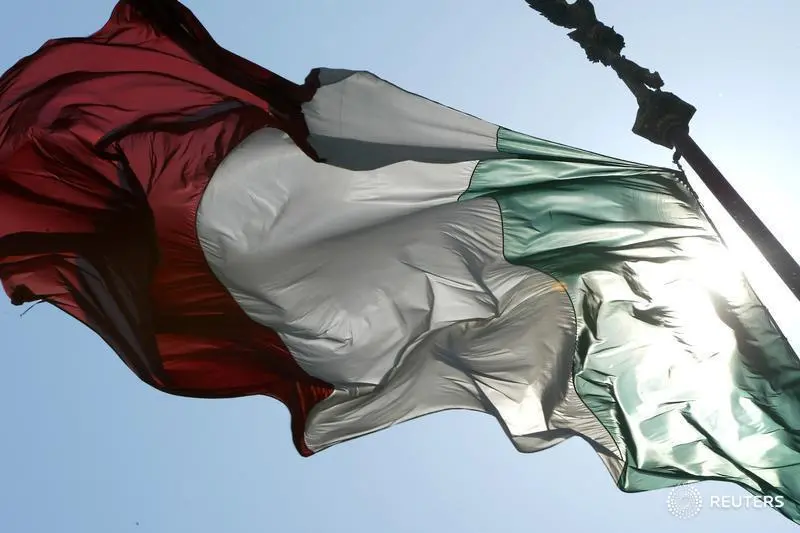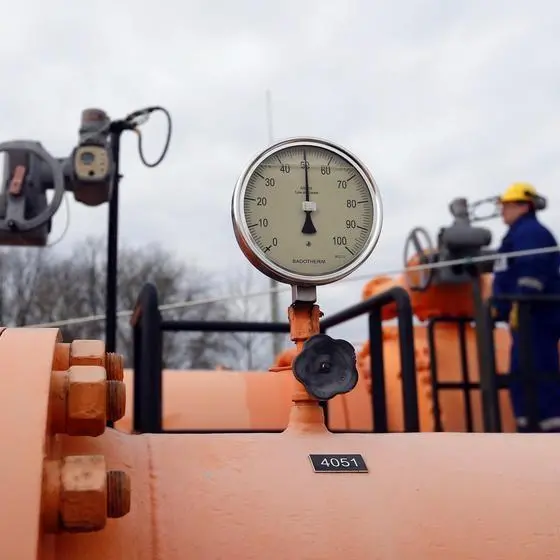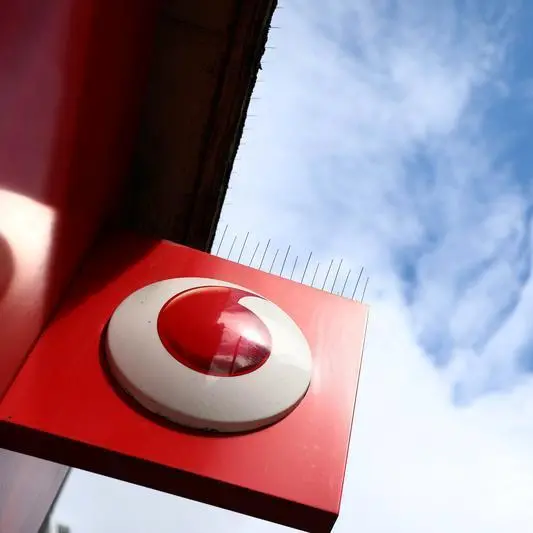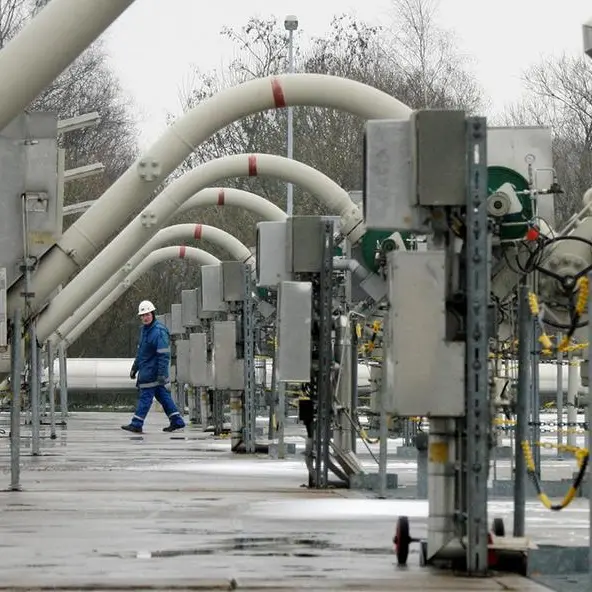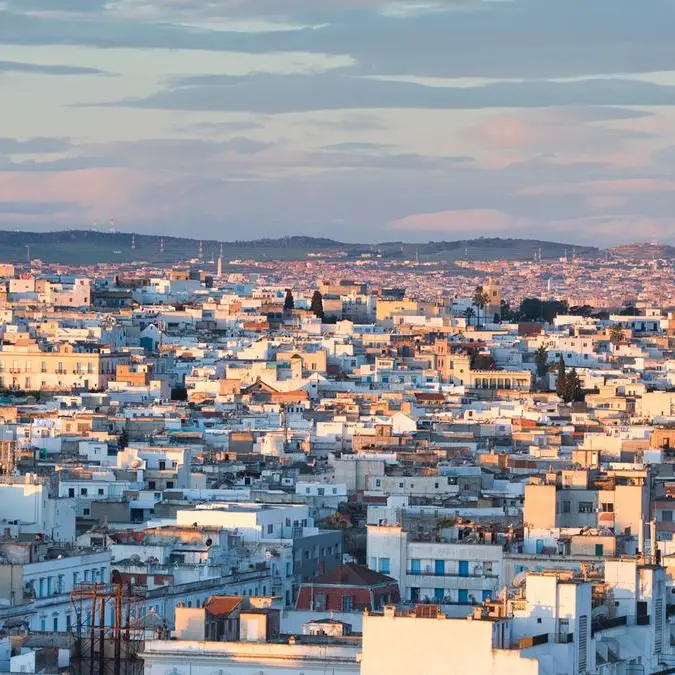PHOTO
ROME - Italy will use its presidency of the Group of Seven major democracies to challenge growing perceptions that Russia is winning in Ukraine and that the West is tiring of the war, a source familiar with Italy's G7 plans said.
Italy will chair the G7, which also groups the United States, Japan, Germany, Britain, France and Canada, throughout 2024 and will host a summit in June.
Laying out Italy's priorities for the first time, the source said core issues on the leaders' agenda would include conflict in the Middle East, food security, climate change, development in Africa, engagement with China and Artificial Intelligence.
As in the last two G7 presidencies, the war in Ukraine will also be a major consideration, said the source, who was not authorised to go on the record talking about Italy's plans.
The West's once-staunch wartime support for Kyiv has appeared to waver in recent months amid political wrangling in Washington and Brussels that has held up the delivery of badly needed arms and funding.
However, the source said G7 leaders were determined to show they remained fully committed to Kyiv and could not risk showing signs of weakness two years after Russia invaded its neighbour.
"We must change the narrative on Ukraine," the source said, adding that Russian President Vladimir Putin had lost significant financial, military and diplomatic clout since the invasion.
Italy is planning to stage 20 ministerial meetings during its G7 presidency, kicking off with a three-day gathering from March 13-15 on industry, technology and digitalisation, which will put a spotlight on the fast-paced AI revolution.
Prime Minister Giorgia Meloni has already said that the dangers posed by AI will be a key issue for Italy's G7 presidency and she will dedicate one session to the subject at the June 13-15 summit in Puglia, the source said.
Italy wants to focus on the impact of AI on jobs and inequality, while also laying down "ethical guardrails" for the development of the technology. Rome will also propose creating a steering committee to ensure greater G7 coordination on AI.
The source said G7 leaders were "pretty much on the same page" over AI, adding that there was broad consensus on most of the major issues facing the wealthy-nation club, including on how to deal with China.
There was a determination on all sides to avoid tensions with Beijing, the source said, adding: "Nobody wants to impede or put obstacles towards Chinese growth."
There was also agreement, the source said, on the need to develop economies in Africa and try to stem illegal immigration - a domestic priority for Meloni, who is struggling to honour an 2022 election pledge to stem migrant flows.
(Reporting by Angelo Amante and Crispian Balmer; Editing by Nick Macfie)
